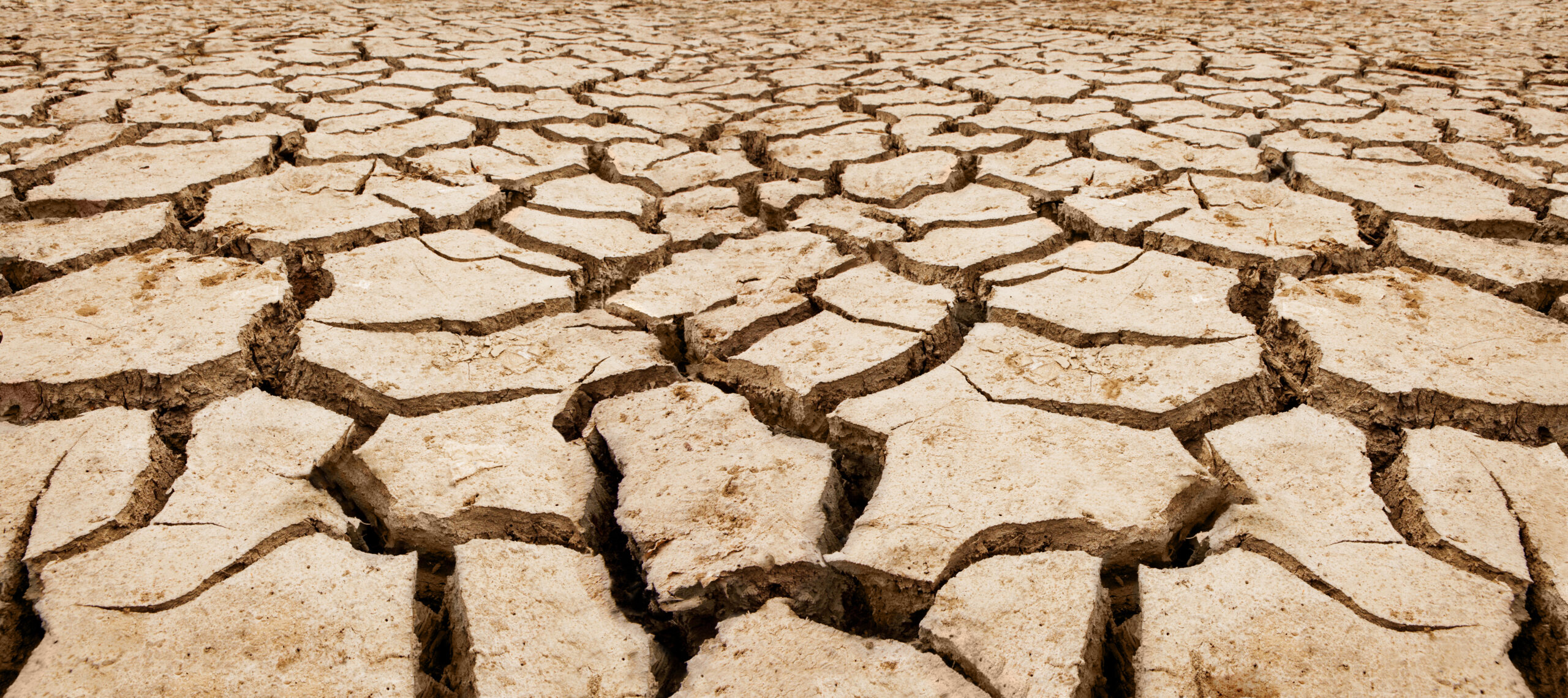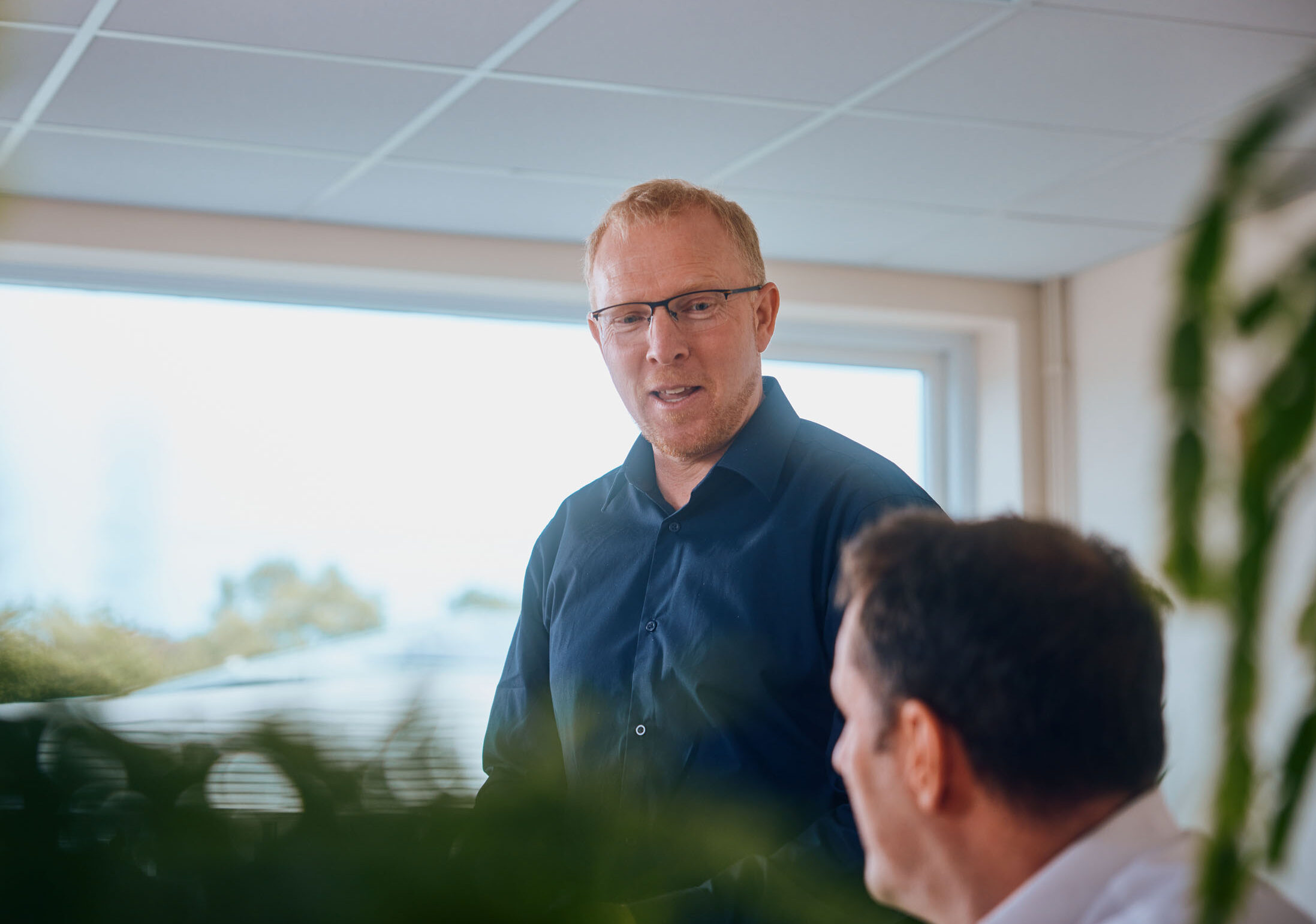
Water is required across all sectors of society – for drinking and sanitation, but also to produce food, energy, and manufactured goods and services. Global water use has risen at more than twice the rate of population over the last century but many water sources are becoming more polluted or drying up, or both. Globally, some 2 billion people still lack safely managed drinking water, and 3.6 billion lack access to safely managed sanitation (UN 2020 figures).
Climate change is exacerbating water scarcity and accelerating the degradation of aquatic ecosystems. One fifth of the world’s river basins are experiencing either rapid decreases or increases in size. More than 80% of natural wetlands have been lost since pre-industrial times and, over the last 50 years inland and coastal wetlands shrank by 35% – three times the rate of forest loss.
The UN estimates that three-quarters of natural disasters are now water-related (floods, landslides, storms, droughts, waterborne disease outbreaks) – with huge social, environmental, and economic costs. Floods and extreme rainfall events have surged by 50% in the last decade, with rates now 4 times higher than in 1980.

Such concerns are very real here in the UK. Last year’s drought conditions could continue into this year, with the most significant impacts being felt by farming. There are concerns over crop failures, and knock-on impacts on next year’s harvest, and how this will affect already rising food-prices. The country’s rivers are in a particularly perilous state, as pollution and sewage continue to reduce their natural capacity to cope with drought.
Long-term under-investment in water infrastructure means that 350,000km of pipes in England still date back to the 1800s (Water UK); and leakage rates are largely unchanged in the last 20 years: 3 billion litres a day (BBC), enough to supply 22 million people. The last new English reservoir for public supply was built in 1992 and we have no ‘national grid’ to enable the transport of water across the country. It should be noted that England and Wales are the only countries in the world to have fully privatised water supply.

As individuals we can make changes to reduce our water use – such as fixing leaking appliances, taking shorter showers, and fully-filling washing machines and dishwashers. However it’s clear that solving the world’s water problems will require major and coordinated effort – and investment – by governments, regulators, communities, and industry. Agriculture accounts for some 70% of global freshwater use (including non-food such as textiles), and industry about 20% (including the energy sector). Demand from both is anticipated to increase.
Traditionally, economic systems have long-treated water as an infinite resource, with little financial value. It is clear that “delivering a water secure future will require a complete transformation of our global economy” (CDP 2018). In almost all industry sectors the business models, processes, and products will need to change.
As with carbon and climate change, the global water crisis creates significant business risks that threatens companies’ reputations, revenues and financial stability. This includes the potential for ‘stranded assets’ – where existing water-intensive or polluting infrastructure becomes unusable (and worthless) in the face of water-scarcity and/or tightening regulations. We have written before, here at Investing Ethically, about ‘closed loop’ approaches to the management of waste. There is now increasing interest in applying these same principles to water – such that water is not wasted, but recycled and reused, and pollution prevented.

It is against this backdrop that ethical investment is beginning to make a difference. As the global water crisis develops, companies will face increasing costs and pressure – from governments and consumers – to eradicate unsustainable water use. Furthermore, there are huge opportunities for those companies that are innovating and developing products and services that help – be that with water extraction and purification, distribution and consumption, or treatment and reuse.
Water is a prevalent theme for many of the ethical fund managers that we work with here at Investing Ethically, both in general funds and in commodity-specific ones. Funds are engaging with companies to encourage more robust management of water and the risks that this represents to their business. For example, Edentree has undertaken a major engagement exercise with water and waste utility companies, focussing on the poor health of our national rivers. They sought to better understand key issues such as pollution, biodiversity, and the use of nature-based solutions. Edentree has holdings in eight water companies across its funds and plans to use its research better to challenge under-performance and promote positive change in the industry.
Even more critically, ethical funds are preferentially selecting and investing in companies that are avoiding unsustainable water use; and those that are providing ‘water-friendly’ products and services. The list below is an example of some of the companies held by ethical funds that we work with:
- Evoqua – whose products focus on water purification without relying on traditional chemical methods (to which some micro-organisms are now resistant). They have also developed ‘closed-loop’ solutions to help hydrogen production companies recycle water, reducing the production costs for this fossil-free fuel.
- Xylem – which develops products such as pumps, filtration devices, and UV treatment technologies.
- Advanced Drainage Systems (ADS) – which, as a market-leader in the production of thermoplastic pipes, facilitates the water industry’s move away from traditional concrete and steel (both more expensive and environmentally impactful). ADS is also the second largest recycler of plastic in North America, purchasing and processing some 250 million tons each year.
- Danaher – which has water quality businesses including McCrometer (flow meters to increase water use efficiency), Trojan (UV treatment systems for municipal water disinfection), Pall Water (membrane filtration technologies for wastewater), and OTT Hydromet (hydrologic sensors to monitor water levels and flooding).
In conclusion, the water crisis facing our world is complex, with political and economic factors compounded by climate and environmental emergencies. Fixing these problems will be very difficult but – as ethical investors – we are helping to support the innovation and change that will be imperative for success.
If you’ve like to find out more about how your investments could help tackle the global water crisis, or other challenges facing our world today, please do get in touch.
This article is for information purposes only. None of the content should be considered a personal recommendation to invest in any of the companies or funds listed. You should seek personal financial advice before considering investments.
Our initial consultation is free of charge and without any obligation on either side
Financial planning can sometimes seem daunting. Whether you are new to the practice, or have some experience, it is important that you choose an adviser you can connect with.




